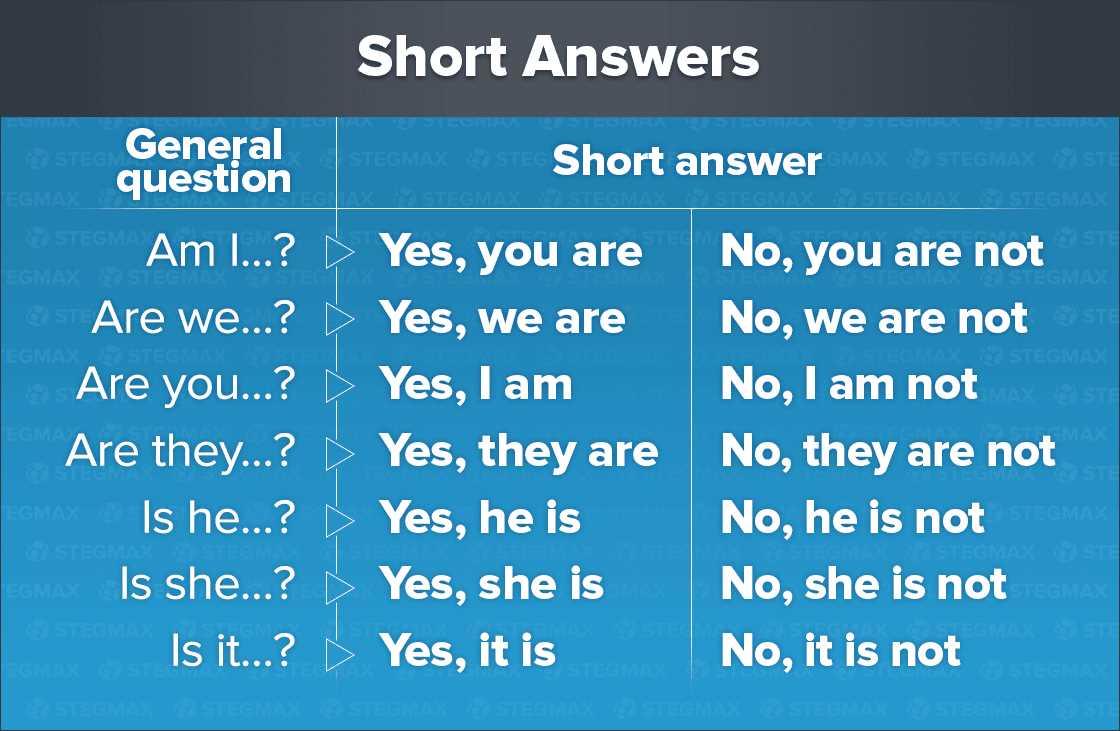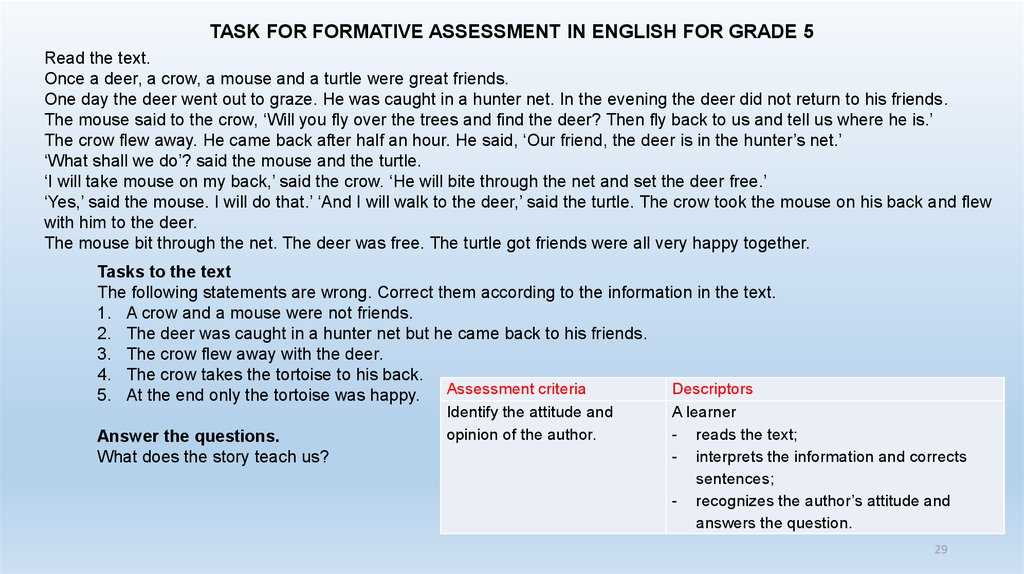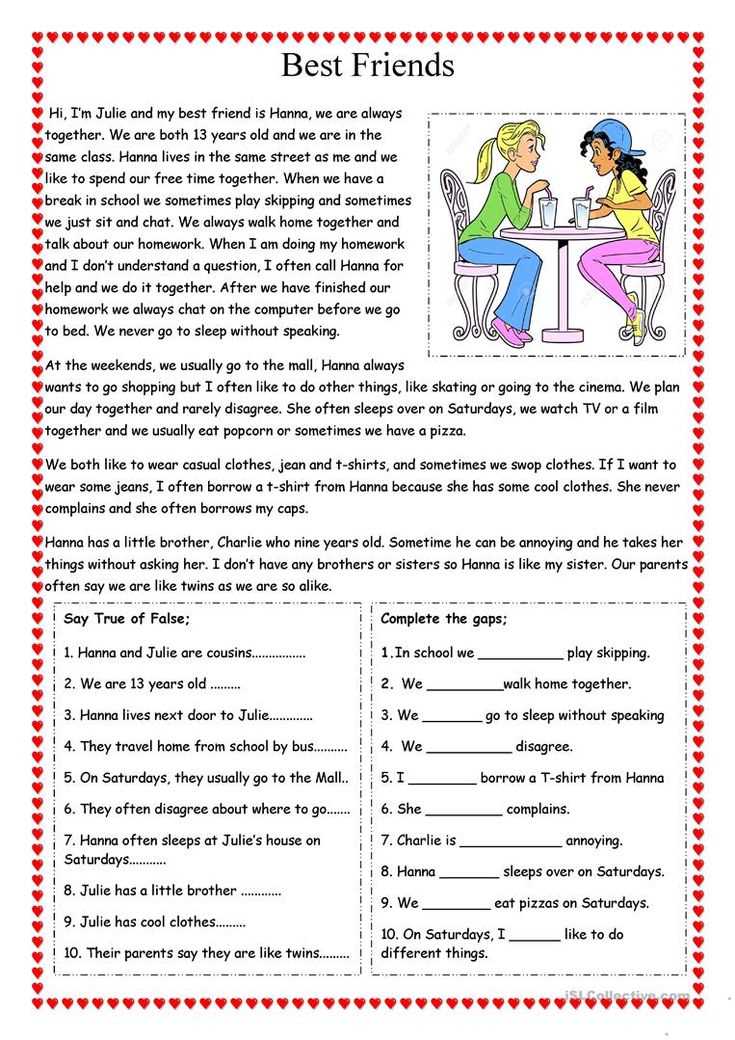
Reading Plus is an online reading program that helps students improve their reading skills through various exercises and activities. It provides leveled readings and comprehension questions to help students practice and develop their reading comprehension skills.
However, some students may choose to seek shortcuts and find answers to Reading Plus exercises online. This raises the question: is it considered theft to access and use these answers?
While it may be tempting for students to take advantage of these readily available answers, using them can be seen as a form of cheating and intellectual dishonesty. It is important to remember that the purpose of Reading Plus is to help students improve their reading skills, and using pre-written answers undermines the learning process.
What is Reading Plus?

Reading Plus is an innovative online program designed to improve students’ reading comprehension and fluency. It uses personalized instruction and engaging content to help students develop important reading skills and strategies.
With Reading Plus, students have access to a wide range of texts and passages that are tailored to their individual reading levels and interests. The program features a variety of genres, including informational articles, literary texts, and primary sources, to expose students to different types of writing and help them become more well-rounded readers.
One of the key features of Reading Plus is its adaptive assessment, which evaluates each student’s reading abilities and generates an individual learning plan. This allows the program to provide targeted instruction and practice in the areas where students need the most support, helping them develop their reading skills at their own pace.
In addition to the diverse range of texts, Reading Plus also incorporates interactive activities and exercises to help students actively engage with the material. These activities include vocabulary development, comprehension questions, and critical thinking tasks, which encourage students to analyze and evaluate what they have read.
- Personalized instruction: Reading Plus adapts to each student’s individual needs, providing targeted instruction and practice.
- Diverse range of texts: The program offers a variety of genres and content to expose students to different types of writing and topics.
- Interactive activities: Students actively engage with the material through vocabulary development, comprehension questions, and critical thinking tasks.
Overall, Reading Plus is a powerful tool for improving students’ reading skills. It provides personalized instruction, diverse reading materials, and interactive activities to help students develop important reading strategies and become more confident readers.
The Controversy

Reading Plus is an educational program designed to help students improve their reading skills and comprehension. The program provides students with a variety of texts and accompanying questions to assess their understanding. However, there is a growing controversy surrounding the use of Reading Plus and whether it is ethical to use answer keys to complete the assignments.
One side of the argument suggests that using answer keys to complete Reading Plus assignments is a form of cheating and theft. Supporters of this view argue that students are not truly learning if they are relying on answer keys to complete their work. They believe that students should be challenged to develop their reading skills independently and that using answer keys undermines this process.
On the other hand, some argue that using answer keys can be a useful tool for struggling students. They argue that Reading Plus is often used as an assessment tool rather than a learning tool, and that providing struggling students with the answers can help them better understand the material. Supporters of this view believe that the focus should be on helping students improve their comprehension, rather than penalizing them for using answer keys.
Overall, the controversy surrounding the use of answer keys in Reading Plus reflects larger debates about the nature of education and how best to support student learning. While some argue that using answer keys is a form of cheating, others see it as a legitimate tool for struggling students. As educators and parents, it is important to consider both sides of the argument and make informed decisions about how to best support student learning and development.
Is it stealing to use Reading Plus answers?

Many students are tempted to seek out Reading Plus answers to make their assignments easier. However, using Reading Plus answers without permission is considered dishonest and can be seen as a form of theft. When students rely on answers that they did not earn themselves, they are not only cheating themselves out of valuable learning opportunities but also compromising their integrity.
Reading Plus is designed to help improve reading skills, comprehension, and critical thinking abilities. By using the provided answers, students are bypassing the intended learning process and missing out on the opportunity to develop their own cognitive skills. Additionally, other students who put in the effort to complete their assignments honestly may feel that their hard work is undermined when others simply copy the answers.
Using Reading Plus answers can have consequences. Schools and teachers often have strict policies regarding academic honesty, and discovering that a student has used Reading Plus answers can result in disciplinary actions such as failing grades, academic probation, or even expulsion. In the long run, relying on answers acquired through dishonest means can harm a student’s academic reputation and hinder their future educational and career opportunities.
The importance of doing the work yourself. Although completing assignments may be challenging at times, it is essential to put in the effort and strive for personal growth. Through independent work, students can develop important skills such as critical thinking, problem-solving, and analysis, which are valuable in all aspects of life. By avoiding the temptation to use Reading Plus answers, students can build a strong work ethic and cultivate a sense of personal responsibility for their learning.
In conclusion, using Reading Plus answers without permission is not only considered cheating but also undermines the educational process and personal growth. Students should strive to complete their assignments honestly and put in the necessary effort to develop their skills. By doing so, they can truly benefit from the intended learning objectives and set a strong foundation for future success.
The Legal Implications of Using Reading Plus Answers

In recent years, the use of online platforms like Reading Plus has become increasingly popular among students and educators alike. These platforms offer a wide range of educational resources, including reading comprehension exercises and quizzes. However, some students have sought to gain an unfair advantage by using answer keys or seeking out Reading Plus answers online. Although the allure of obtaining the correct answers quickly may be strong, it is important to consider the legal implications of accessing and using Reading Plus answers in this way.
First and foremost, using Reading Plus answers without permission is a violation of intellectual property rights. The content provided by Reading Plus, including the questions and answers, is protected by copyright law. By accessing and using these answers without authorization, students are effectively engaging in copyright infringement. This can have serious consequences, as copyright holders have the right to sue for damages and seek injunctions against the unauthorized use of their material.
Furthermore, by relying on Reading Plus answers, students are not truly learning and engaging with the educational material. Education is about developing critical thinking skills, problem-solving abilities, and independent learning. By simply copying the answers from Reading Plus, students are depriving themselves of the opportunity to develop these essential skills. In the long run, this can hinder their academic growth and undermine the purpose of their education.
Additionally, the use of Reading Plus answers undermines the integrity of the educational system. Assessments and quizzes are meant to evaluate students’ knowledge and understanding of a subject. When students use Reading Plus answers to cheat on these assessments, they are not only deceiving their teachers and peers, but also compromising the validity and fairness of the evaluation process. This can have detrimental effects on the educational institution as a whole, as it erodes trust and undermines the credibility of the academic system.
In conclusion, while the temptation to use Reading Plus answers may be strong, it is important to consider the legal implications and ethical consequences of such actions. By engaging in copyright infringement, depriving oneself of valuable learning opportunities, and undermining the integrity of the educational system, students are not only putting themselves at risk but also jeopardizing the very foundations of their education. It is essential for students to approach their studies with honesty, integrity, and a genuine desire to learn and grow.
Alternative Solutions

While reading Plus answers may seem like an easy way to cheat the system, there are alternative solutions that can help students improve their reading skills and succeed without resorting to unethical practices. Here are a few options:
- Reading practice: Instead of relying on reading Plus answers, students can engage in regular reading practice. This can include reading books, newspapers, or online articles on various topics. By reading a variety of materials, students can improve their comprehension skills and expand their vocabulary.
- Utilizing online resources: There are several online platforms and websites that offer reading comprehension exercises and practice tests. These resources can help students develop their critical thinking skills, improve their reading speed, and enhance their overall comprehension abilities. Examples of such platforms include Khan Academy, Quizlet, and Scholastic.
- Working with a tutor or teacher: Students struggling with reading comprehension can benefit from working with a tutor or teacher who can provide personalized guidance and support. A tutor can help identify areas of weakness, provide targeted practice activities, and offer strategies to improve reading skills.
- Joining a book club or reading group: Participating in a book club or reading group can enhance reading skills while also fostering a love for literature. Engaging in discussions and activities with peers can encourage critical thinking and help students develop a deeper understanding of the texts they read.
Ultimately, relying on reading Plus answers is not a sustainable or ethical solution. By embracing alternative methods, students can develop the necessary skills to become proficient readers, improve their academic performance, and cultivate a lifelong love for learning.